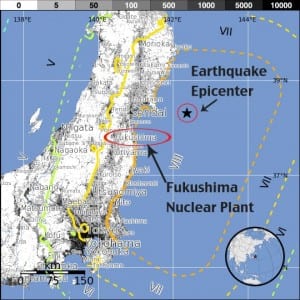Friday, February 22nd, the Temerlin Advertising Institute hosted a lecture by Visiting Scholar Dr. Cong Li, Associate Professor of Strategic Communication at the University of Miami. Dr. Li discussed his research, “Should Attitude be Measured with “Random” Scale Points?”, with many SMU faculty, students, and professionals attending the event. Through his research, Dr. Li examined how using different scale points to measure ad attitude influences statistical results.
While attitude is an important construct frequently measured in advertising research, there is no consensus on the scale points it should be quantitively assessed. In practice, researchers have measured attitude using different scale points (i.e., 1-5, 1-7, 1-9, 0-10, and 0-100). Dr. Li’s research questions the influence of such inconsistency on empirical findings.
In his lecture, Dr. Li discussed a series of studies that examine the methodological issues associated with attitude measures. Using varying types of data from content analysis, simulation, a longitudinal study, and an experiment, Dr. Li’s research suggests that using arbitrary scale points to measure attitude may bias statistical results. The influence of scale points is also subject to cultural differences. As low replicability has long been an issue in empirical research, Dr. Li’s work is important in pointing out a methodological concern associated with self-report measures.
Dr. Li’s other research interests include computer-mediated communication, social media, and cultural psychology. His work has appeared in such journals as the Journal of Advertising, Human Communication Research, Media Psychology, and Communication Research. He has also authored two books focusing on advertising strategy and social media.
Temerlin Advertising Institute was honored to host Dr. Li for a lecture on his research. TAI is passionate about staying informed on all current topics in the advertising industry, hosting guest speakers periodically throughout the year.
Rani Vestal








 Attendees included Visiting Professor Yuting Li, Head of the Advertising Department, Guangdong University of Finance & Economics, China as well as colleagues from across campus. Often the work is related to research, but can also involved creative works and industry endeavors. Our next brown bag will be in December. Keep your eye out for highlights from December’s presenter!
Attendees included Visiting Professor Yuting Li, Head of the Advertising Department, Guangdong University of Finance & Economics, China as well as colleagues from across campus. Often the work is related to research, but can also involved creative works and industry endeavors. Our next brown bag will be in December. Keep your eye out for highlights from December’s presenter!